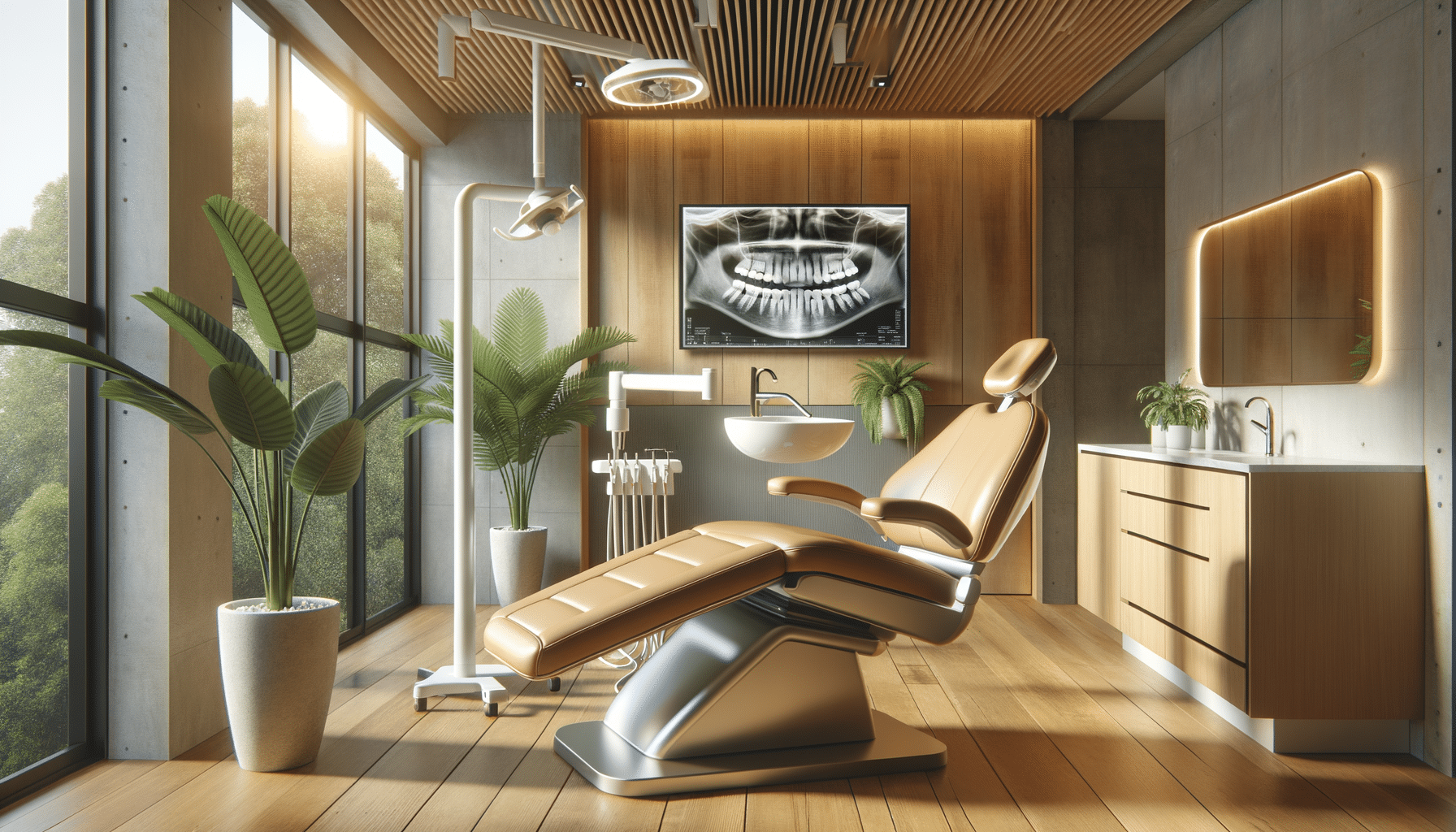
Exploring Private Home Care Options for the Elderly Near You
Introduction to Private Home Care for the Elderly
As our loved ones age, ensuring their well-being becomes a top priority. Private home care presents a viable solution for families seeking to provide their elderly members with a comfortable and supportive environment. This approach not only caters to the physical needs of seniors but also addresses their emotional and social well-being. With the growing demand for personalized care, understanding the nuances of private home care becomes crucial.
Private home care offers a tailored approach, allowing seniors to receive assistance with daily activities while remaining in the comfort of their own homes. This option is particularly beneficial for those who prefer a familiar setting over a communal living environment. By exploring the various aspects of private home care, families can make informed decisions that align with their values and the specific needs of their elderly members.
Understanding Different Types of Private Home Care Services
Private home care encompasses a range of services designed to cater to the diverse needs of seniors. These services can be broadly categorized into personal care, companionship, and medical care. Personal care involves assistance with activities such as bathing, dressing, and grooming, ensuring that seniors maintain their dignity and comfort. Companionship services focus on providing emotional support and social interaction, which are vital for mental health and well-being.
Medical care services are tailored to individuals with specific health needs. These services often include medication management, wound care, and coordination with healthcare professionals. By understanding these categories, families can select the services that best suit their loved one’s requirements. Moreover, many agencies offer customizable care plans, allowing for flexibility and adjustments as the needs of the elderly change over time.
- Personal Care: Assistance with daily living activities.
- Companionship: Emotional support and social interaction.
- Medical Care: Health-related services and coordination.
Evaluating the Benefits of Private Home Care
Private home care offers numerous benefits that make it an attractive option for many families. One of the primary advantages is the personalized attention that caregivers can provide. Unlike in institutional settings, private home care allows for one-on-one interactions, fostering meaningful relationships between caregivers and seniors. This personalized approach can significantly enhance the quality of care and improve the overall experience for the elderly.
Additionally, private home care promotes independence by enabling seniors to remain in their own homes. This familiar environment can have a positive impact on their mental and emotional health, reducing feelings of isolation and promoting a sense of autonomy. Furthermore, private home care can be more cost-effective than residential care facilities, especially when considering the flexibility to choose specific services based on individual needs.
Challenges and Considerations in Choosing Private Home Care
While private home care offers numerous advantages, there are also challenges and considerations to keep in mind. One of the primary concerns is finding qualified and reliable caregivers. It is essential to conduct thorough background checks and interviews to ensure that caregivers possess the necessary skills and experience. Additionally, families should consider the costs associated with private home care, as these can vary significantly based on the level of care required and the location.
Another consideration is the availability of services in certain areas. Some regions may have limited options, making it challenging to find suitable care providers. Families should also be prepared to adapt to changing needs, as the health and mobility of the elderly can shift over time. By addressing these challenges proactively, families can ensure a smooth transition to private home care and provide their loved ones with the support they need.
Making Informed Decisions for Elderly Care
Ultimately, choosing the right private home care option involves careful consideration of the unique needs and preferences of the elderly. Families should take the time to research and evaluate different care providers, seeking recommendations from healthcare professionals or community resources when necessary. Open communication with the elderly and involving them in the decision-making process can also lead to more satisfactory outcomes.
By prioritizing the well-being and comfort of their loved ones, families can find a private home care solution that aligns with their values and expectations. This decision not only enhances the quality of life for the elderly but also provides peace of mind for family members, knowing that their loved ones are receiving compassionate and professional care.


